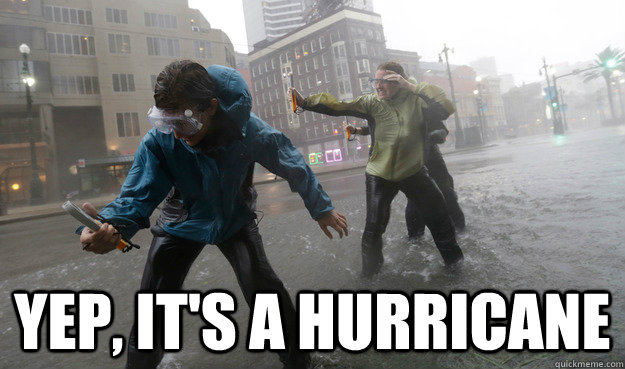Warning: Undefined variable $num in /home/shroutdo/public_html/courses/wp-content/plugins/single-categories/single_categories.php on line 126
Warning: Undefined variable $posts_num in /home/shroutdo/public_html/courses/wp-content/plugins/single-categories/single_categories.php on line 127
The adrenaline and anxiety I was given through Larson’s vivid and gruesome writing style made for a mesmerizing read. Larson’s choice in structuring the book by funneling the people of Galveston and their stories to the storm created a connection which normally is absent in historical observations. I think that the truth in remembering the past is lost through Larson’s writing style because the story is mixed with truth and fabrication to the story to make every action reasonable. Publicly we may only hear what reporters want us to hear, but through this story we find out that Isaac may not be a hero as he was made to be seen by Moore (Larson, 251). The process of Isaac’s heroic actions was much more complicated, and this book emphasizes that there are gray areas in history we need to search for.
I do agree with @jessica42 that the book was heavily themed with a man versus nature, but I don’t believe that nature will always inevitable win. I believe that as human technology advances, we slowly can overcome obstacles nature has given to us in the past such as transportation over lands and water, our ability to gauge the weather, and etc. Isaac’s storm is not completely man’s loss, there were many deaths, but humanity was able to advance farther in their hurricane knowledge to maybe prepare for the future. Through Isaac’s experience he was able to become publish two books on hurricanes and became “one of the nation’s leading hurricane experts” and identified what was truly a hurricane’s deadliest weapon. (Larson, 270)
Fantastic book, I have a new appreciation for disaster history and narrative history texts.

Pingback: Trying to Reflect Reality – Historical Thinking – Fall 2016